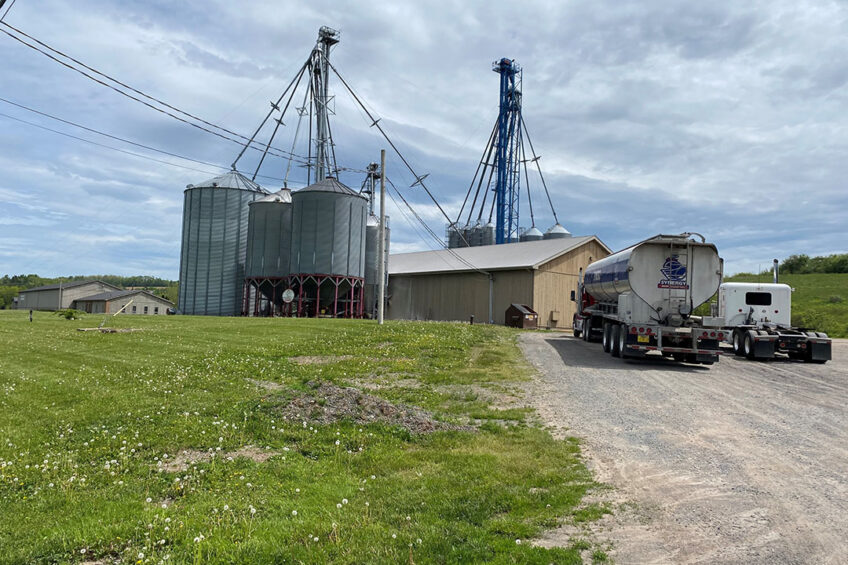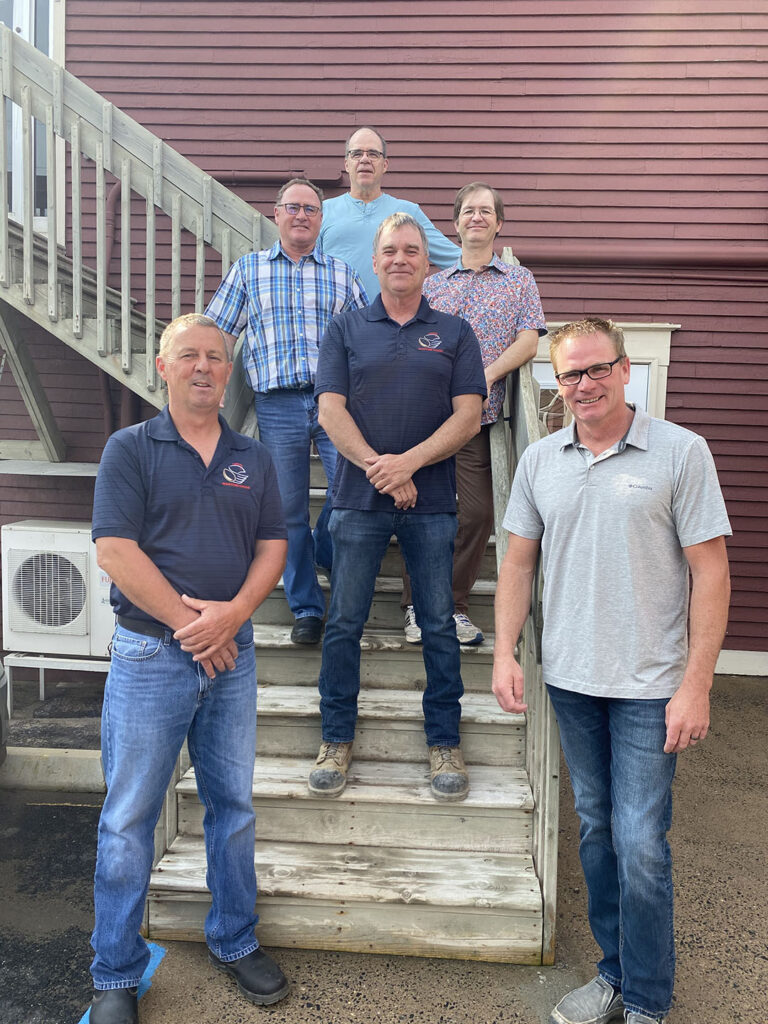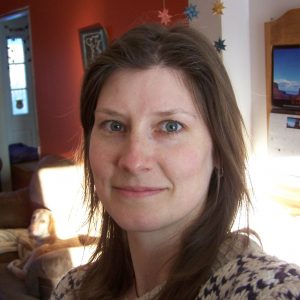On-farm trials and more ensure success

For 4 years in a row the Synergy Agri Group in Port Williams, Nova Scotia, Canada, has captured a ‘Flock Award’ from Cobb. The global US-based broiler genetics firm started its awards programme in 2004 and this year, with these awards, recognised 4 facilities in Canada as top-performing companies from the North/Central America region.
Synergy won this year for the highest average chick number per hen housed and the best ‘Cobb500’ FF flock based on chicks per hen housed. The company differs from other operations in that it’s vertically integrated and also owned by an umbrella co-operative called Innovative Poultry. Synergy encompasses the feed mill and the broiler-breeder operation, while the adjoining hatchery is called Maritime Chicks. “The most important thing our company has is the really good people who work for us,” says Gary McAleer, who has been Synergy’s vice president of operations for 14 years. “You can have the best facilities in the world but if don’t have good people, you can’t perform at a high level.”
Vegetable feed
A large part of the reason why Synergy is still achieving awards for high average chick production and best-performing flocks is its on-farm broiler research trials which started a few years ago. McAleer says he and his team had always wanted to do trials, as the results show without any doubt what needs to be changed or not changed in terms of current production practices.
“We’ve done 11 trials so far and I don’t think we’ll ever be done because genetics are always changing,” McAleer explains. “We will always be making sure we’re on the right path. From our trials, we’ve made changes in the lighting programme and temperature profile to maximise weight at seven days. But most of our trials have been focused on feed.”
Indeed, the results from Synergy’s feed trials have definitively convinced McAleer and his team that a plant-based diet is best. Synergy had always used feed with animal-based ingredients (processed meat, bone meal, tallow) but these materials were not always consistent in terms of their nutritional properties. After three trials comparing their long-established feed containing animal-based ingredients with a highly-consistent all-vegetable feed, the difference in performance could not have been any clearer. Synergy has now been using an all-vegetable feed for breeders for three years.
Synergy also has a broiler trial facility to ensure its broilers perform well – and to ensure they are feeding the least amount possible. “There’s only so much grain in Nova Scotia,” says McAleer. “We buy from whoever is growing grain in the province, including grain from my farm but when we run out of local grain we have to ship it in from Quebec or Ontario which is very costly. Some years we hardly need anything from out of province. It’s different every year and there have been years where we’ve bought 10-90% out of province. It depends on grain quality, yield and competition from other feed mills. Last year, the corn quality from 2019 was so poor, plus we also had a drought and a hurricane in Nova Scotia, so we had to buy all our grain corn from the US. So, feed conversion is a major focus in our trials and Cobb has been involved with these trials as well.”
Maritime Chicks
Synergy produces 7 million chicks a year to supply its own 44 broiler barns, as well as other customers all over Nova Scotia and some in the nearby province of Prince Edward Island. Their longest chick delivery transport time is 5.5 hours. Before 2015 they had another hatchery supplying them with chicks but that year Synergy launched the operation of their own hatchery with Hatchtech/Hatchcare technology. With this style of hatchery chicks have access to feed and water on hatching, thus preventing dehydration.
However, Synergy has been conducting trials in 2021 comparing chick performance under Hatchcare, conventional hatching and in-barn hatching. “In-barn hatching has really caught our attention,” says McAleer. “We’re interested in seeing the advantages of it. When you hatch in a hatchery, so many eggs are hatching, it’s a very dense and humid environment, and bacteria are being released from the eggs. This results in disease challenge. With in-barn hatching, the bacteria load is zero because it’s a big space with lots of ventilation.”
Two trials have been carried out and the results were the same. There was no difference in performance between Hatchcare (at full capacity with 90 chicks per box) and in-barn hatching, but both were better than conventional hatching. However, McAleer explains that they are going to try in-barn hatching on a larger scale. “Because we are integrated, it provides a good opportunity to take the pressure off our Hatchcare system in terms of bacterial load if we can do some in-barn hatching and reduce the number of chicks inside each Hatchcare box,” he says.
Every-day feeding

McAleer switched his pullets from skip-day feeding to every-day feeding (EDF) in 2013. Skip-day feeding involves giving feed to broiler breeder pullets every second day to control growth. It is widely practised in Canada, the US and some other countries but is banned in the European Union. McAleer decided to explore EDF due to intussusception and less-aggressive pullets not getting enough feed on feeding days. On off-feed days, the pullets were scratching a lot which caused shavings to enter and jam the chain feeders. The switch to EDF involved providing a bulky fine-grind feed, making feedline modifications and feeding in the dark to keep pullets calm. In addition, McAleer and his team separate aggressive and non-aggressive eaters by weight on day 18 into different pens. In 2018 he decided to create a system for the feedlines involving covers that are lifted up once the feedlines are full. This ensures all birds get equal access to their feed.
McAleer says the four ‘Flock Awards’ he and his team have received prove that top-performing flocks can use EDF. Several US poultry companies, including Cobb, have sent representatives to see McAleer’s EDF success and he also did a presentation on his practices in the US in 2019.
Teamwork
Returning to the high quality of the Synergy team – which numbers 21 in all – McAleer says it’s a matter of attracting excellent people and treating them better than they are treated at most other companies. This means competitive wages, benefits, summer and Christmas parties, bonuses and more. “It’s a lot of little things,” says McAleer. “Our team members enjoy working for us and we have no staff turnover. We have open lines of communication and we’re flexible to meet their needs. It’s important to have a personal connection and we care about each one of our workers.” And, he adds, winning a Cobb award for the fourth year feels really good to everyone. The awards continue to be a source of pride and motivation.
In terms of future goals, McAleer is quick to mention that he knows constant improvement will continue. “We’re going to be better moving forward than we were,” he says. “I think our goal in the next year or 2 will be to try to be more efficient. It’s going to be about making little changes to lighting, temperature, feed and so on. We’ll also continue to work with the genetics companies as they are keen to know what we’re discovering.”
Join 31,000+ subscribers
Subscribe to our newsletter to stay updated about all the need-to-know content in the poultry sector, three times a week. Beheer
Beheer











 WP Admin
WP Admin  Bewerk bericht
Bewerk bericht